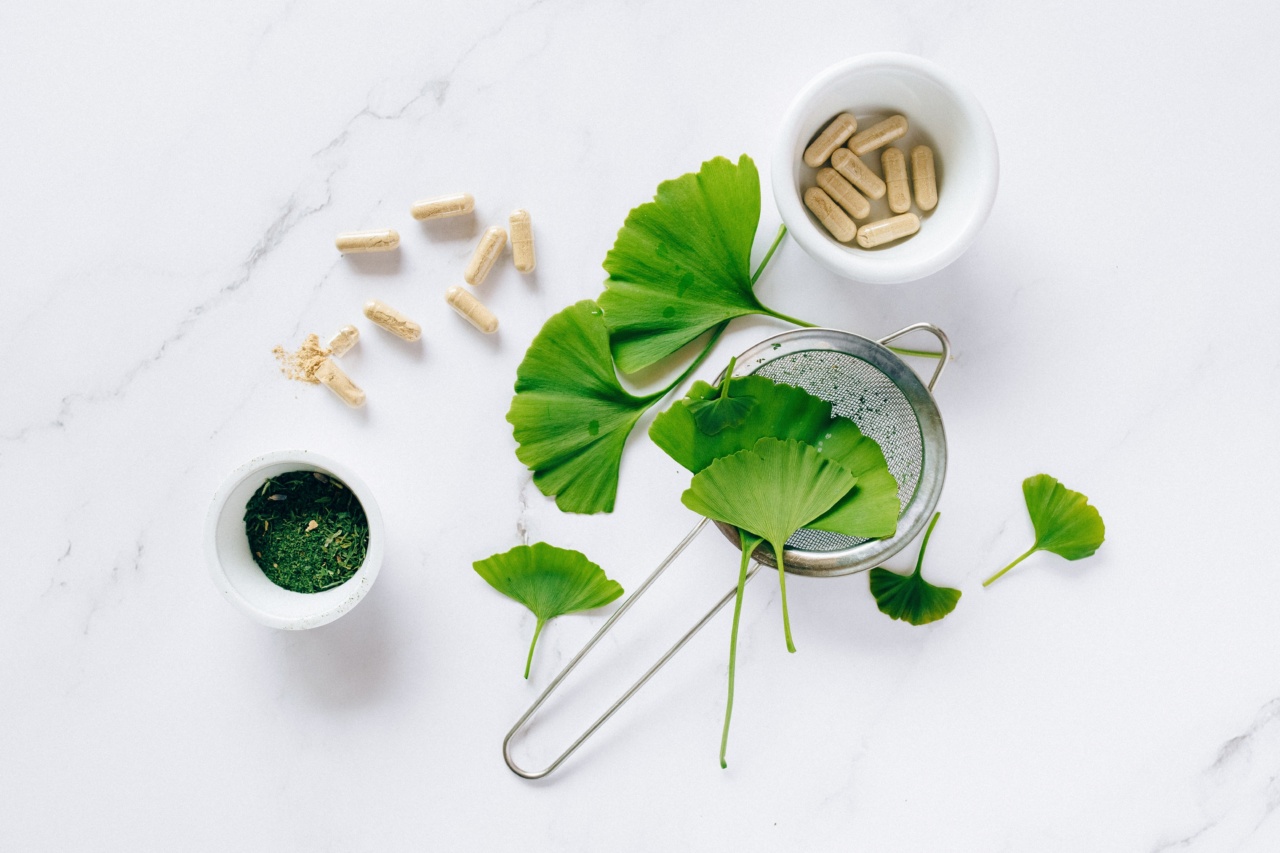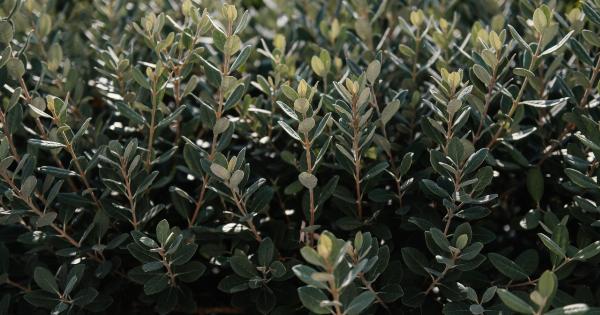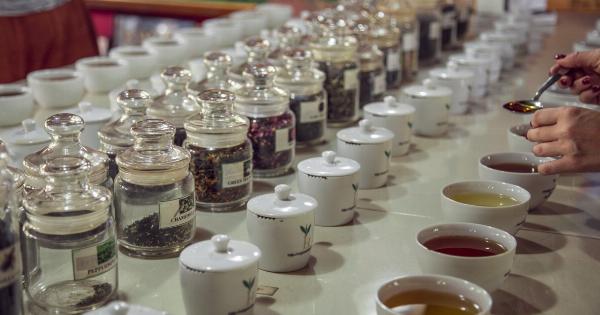Endometriosis is a chronic condition that affects millions of women worldwide. It is characterized by the abnormal growth of endometrial tissue outside the uterus, leading to symptoms such as pain, infertility, and heavy menstrual bleeding.
While conventional treatments like hormone therapy and surgery are commonly used, natural remedies have gained popularity for their potential in alleviating symptoms and reducing inflammation associated with endometriosis.
The Antimicrobial Substance in Leaves
One promising natural treatment for endometriosis comes from the antimicrobial properties found in various types of leaves.
These leaves contain substances that have been shown to possess powerful antimicrobial actions against a wide range of bacteria, viruses, and fungi. By incorporating these leaves into your diet or using them in different forms, you may be able to fight the underlying microbial infections often associated with endometriosis.
1. Neem Leaves
Neem leaves have been used for centuries in Ayurvedic medicine for their potent antimicrobial properties. Studies have shown that neem leaves contain compounds such as nimbidin and nimbin, which exhibit antibacterial, antiviral, and antifungal effects.
These properties make neem leaves a valuable natural remedy for managing endometriosis symptoms.
2. Turmeric Leaves
Turmeric leaves are widely recognized for their anti-inflammatory and antioxidant properties. They also possess antimicrobial substances such as curcumin, which has been shown to inhibit the growth of various microbes.
Incorporating turmeric leaves into your diet or using them as an herbal remedy may help reduce inflammation and alleviate symptoms associated with endometriosis.
3. Holy Basil Leaves
Holy basil leaves, also known as tulsi leaves, have been used in traditional medicine for their antimicrobial and anti-inflammatory effects.
These leaves contain essential oils, such as eugenol and linalool, which possess strong antibacterial and antifungal activity. Consuming holy basil leaves may help combat infections and reduce inflammation in endometriosis patients.
4. Guava Leaves
Guava leaves contain high levels of antimicrobial compounds such as tannins, flavonoids, and polyphenols. These substances have been found to possess antibacterial and antifungal effects against several pathogens.
Using guava leaves as a natural remedy may help boost the immune system and fight microbial infections associated with endometriosis.
5. Mango Leaves
Mango leaves are known for their antimicrobial properties and have been traditionally used to treat various ailments. These leaves contain active compounds like mangiferin, which demonstrate antibacterial and antifungal activities.
Consuming mango leaves or using them in tea or topical applications may help alleviate symptoms of endometriosis by targeting potential microbial infections.
6. Olive Leaves
Olive leaves have been recognized for their antimicrobial and anti-inflammatory properties. Research suggests that olive leaf extract contains bioactive compounds like oleuropein, which exhibit potent antimicrobial effects against various pathogens.
Incorporating olive leaves into your diet or taking olive leaf extract supplements may aid in reducing inflammation and fighting microbial infections associated with endometriosis.
7. Tea Tree Leaves
Tea tree leaves possess natural antimicrobial properties due to the presence of essential oils like terpinen-4-ol. These leaves have been widely used for their antiseptic, antiviral, and antifungal properties.
Tea tree oil derived from tea tree leaves can be diluted and used topically as a natural remedy for alleviating symptoms of endometriosis and preventing potential infections.
8. Eucalyptus Leaves
Eucalyptus leaves contain antimicrobial compounds such as eucalyptol, which has been found to possess potent antifungal, antiviral, and antibacterial actions.
Using eucalyptus leaves in steam inhalation or incorporating them into essential oil blends may help relieve pain, reduce inflammation, and prevent infections associated with endometriosis.
9. Peppermint Leaves
Peppermint leaves contain menthol and other essential oils that possess antimicrobial properties. These leaves have been used for centuries for their potential in reducing pain and inflammation associated with various conditions.
Incorporating peppermint leaves into your diet or using peppermint oil in aromatherapy or topical applications may offer symptomatic relief for individuals with endometriosis.
10. Aloe Vera Leaves
Aloe vera leaves are well-known for their soothing and healing properties. They contain antimicrobial compounds, including anthraquinones and lectins, which can help fight against various pathogens.
Using aloe vera gel derived from the leaves topically or consuming aloe vera juice may aid in reducing inflammation and promoting healing in endometriosis patients.




























